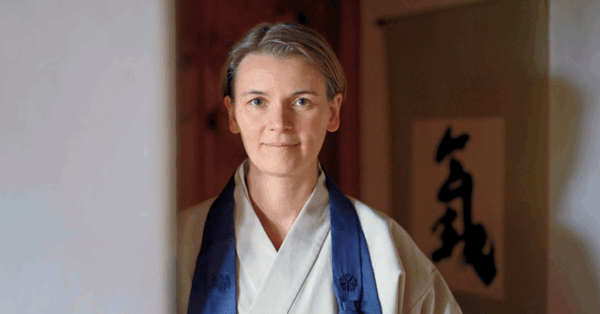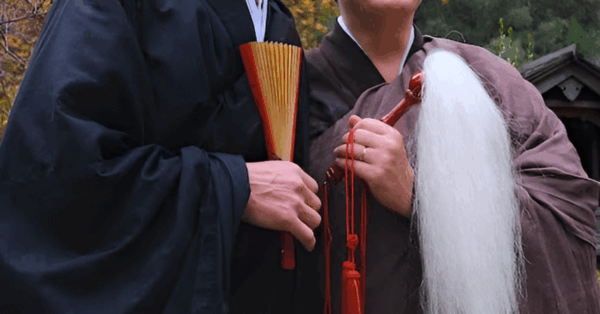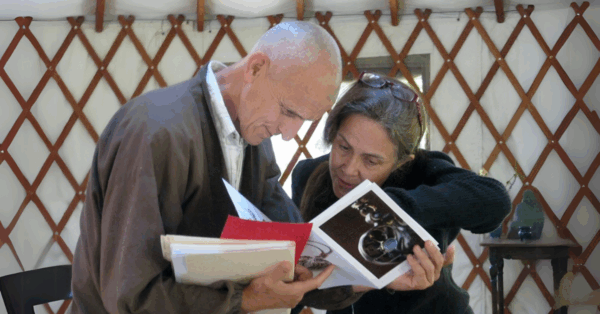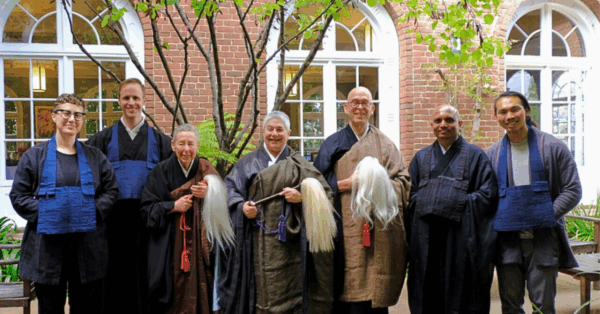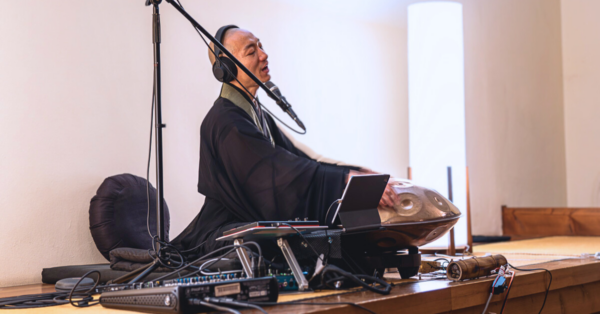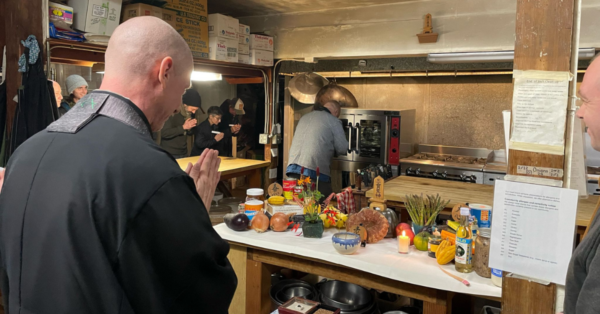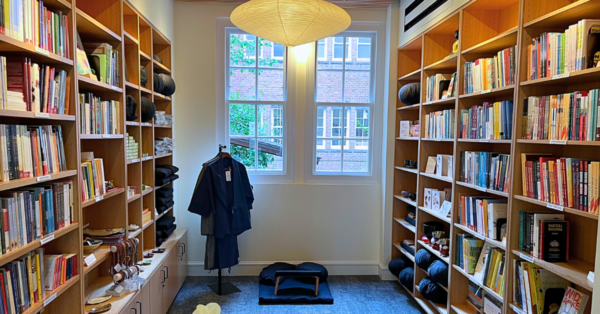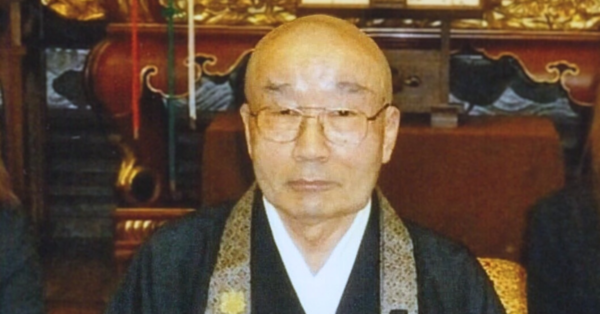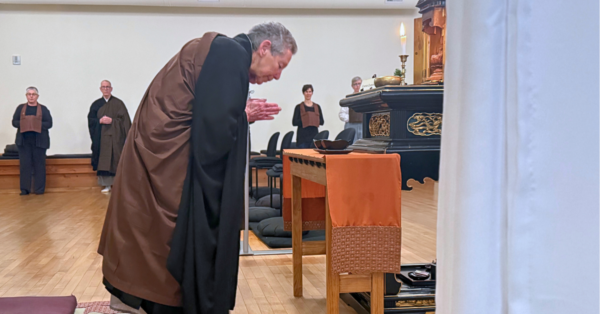Allan Rohlfs is a psychotherapist in private practice in Chicago, a mediator, and a certified trainer of Nonviolent Compassionate Communication. His thoughts on the technique and how it can alleviate difficulty in our communications with one another are below.
How did you get involved with Nonviolent Compassionate Communication (NVC)?
Early on in my training as a psychotherapist, I attended a lecture by Professor Eugene Gendlin, who was teaching a new method in expansion of human awareness. Focusing [his method] is very akin to Zen meditation and I thought, “Here is an interesting social change tool.” So I began learning it so that I could teach it.
 Tassajara blooms by Valerie Boquet |
What else came out of that workshop for you?
I left the workshop wondering, “Who knows how to do confrontation without blame?” I came across the work of Marshall Rosenberg ( the developer of the Nonviolent Communication model). How do you speak to someone who is contributing to your discomfort in a manner that elicits understanding (rather than defensiveness) while being completely honest? How can you speak to that person in a way which has the highest likelihood of eliciting a change in their behavior free of any blame or threat? And that’s what Nonviolent Communication is all about.
Can you speak a little about the technique?
The aim is that I only want you to do things if it would bring you enjoyment, and if it’s not going to bring you enjoyment then I don’t want you to do it. We all have an incredible amount of power to use psychological means to get other people to do what we want and they have the power to make us wish we hadn’t. People inherently enjoy giving to each other as long as there is zero element of coercion and as soon as there is any whisp of coercion there’s no enjoyment.
Is this what you do in the retreat?
The retreat is hands on. Marshall discovered there are things to pay attention to within yourself when you wish to connect with another person, particularly if you’re upset with them. There are behaviors to employ, but you have to go inside and identify different elements of your experience. So, in the workshop, I present the model and I walk people through the concepts followed by role playing in which each person has the opportunity to practice.
Why “Jackal Taming” as the name of your retreat?
Marshall was leading a workshop in Ojai along with a bunch of teachers [who were each] announcing what they were going to be doing. “I’m going to work with this part of your consciousness,” or “We will achieve something with this shakra,” they said. And Marshall was a comedian. He said “My workshop will be in taming jackals.”
Who is the jackal?
The jackal? Oftentimes it’s those with whom we are the closest. This could be the person you live with or are relating to [who is creating a communication challenge]…or you yourself might be the jackal. Through NVC it is possible to transform jackal behavior into a behavior which is pleasing [or noncoercive].
Join Allan Rohlfs and Kodo Linda Galijan at Tassajara for Jackal Taming: Developing Nurturing Relationships from September 8-11.


